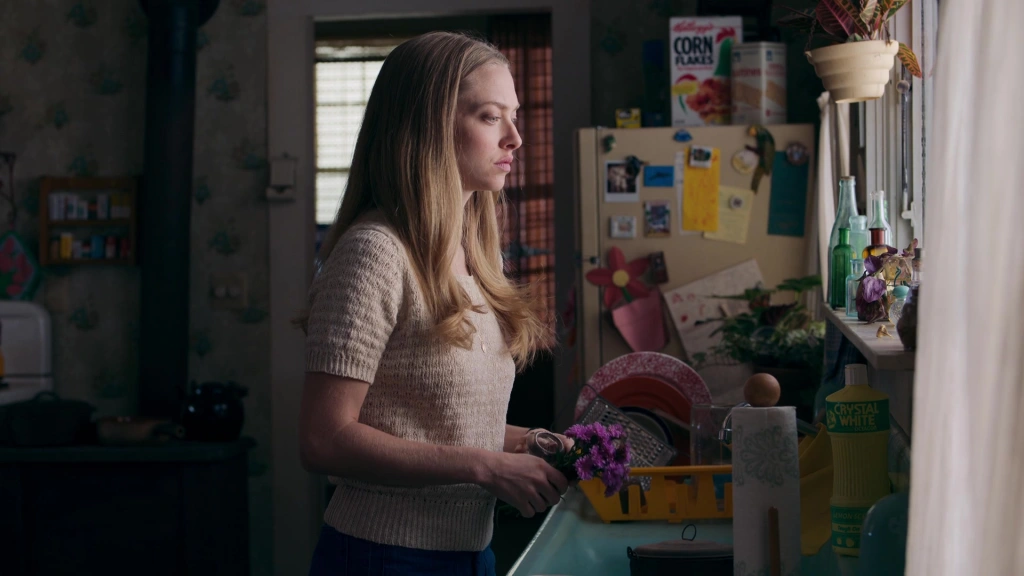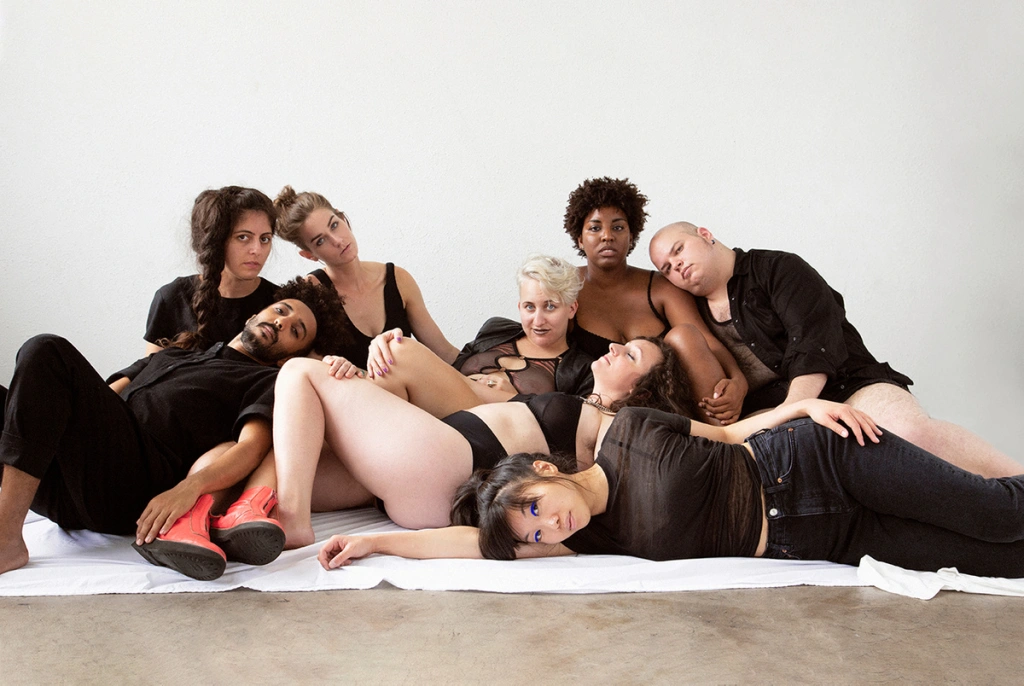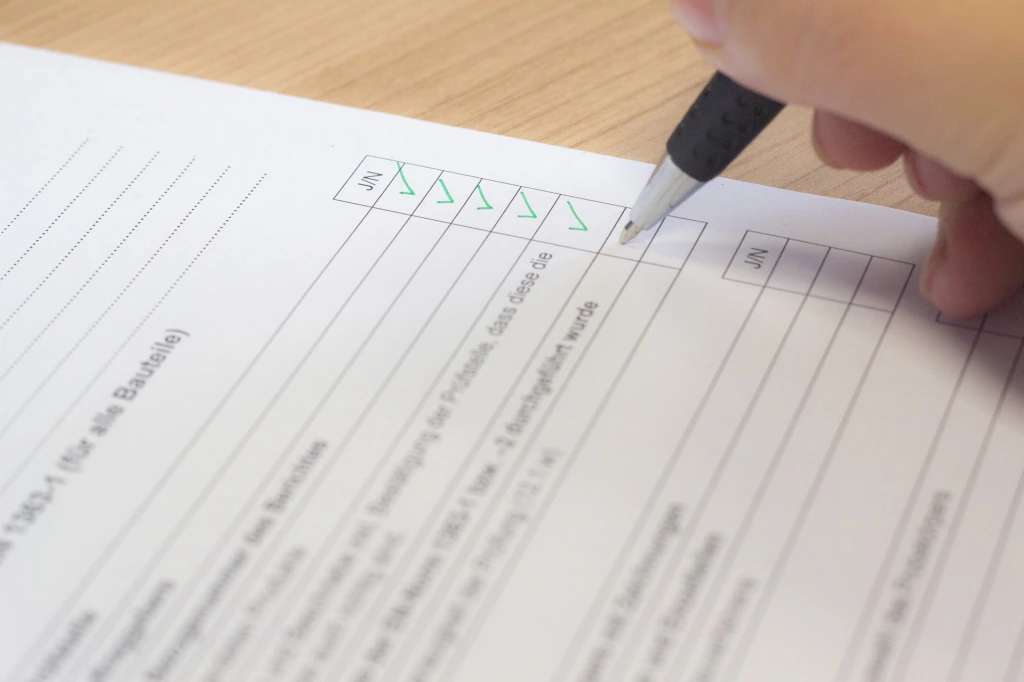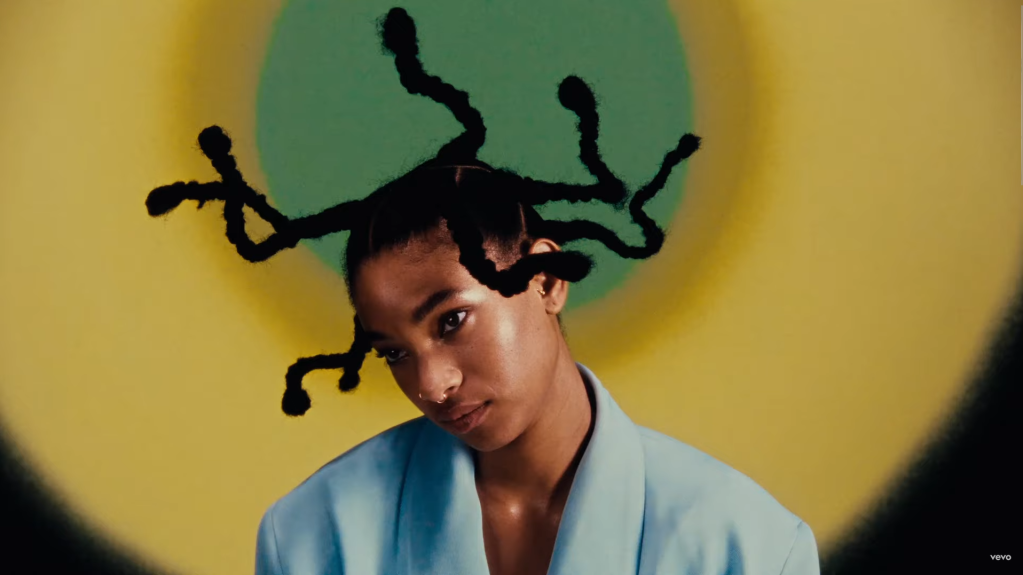Marsfall is a new seralized audio drama by Amity Bros., a “Tricostal Production Company.” Marsfall falls into the Space Opera genre and features the story of the first crew to live on Mars. Here is the show’s abridged description, taken from the Marsfall website:
In an era of environmental and geopolitical uncertainty, Sequoia Industries International stands as a proud member of the Mars Century Collective. As one of the five largest companies tasked with establishing one hundred colonies on Mars by the year 2050, Sequoia was instrumental in streamlining new gravity assist technology, paving the way for rapid interplanetary travel. Late in the year 2045, Sequoia’s seventh vessel successfully delivered supplies and a robotic set up crew to Mars, before safely returning to Earth orbit. When the colonization transport re-launches in October of 2047, it will mark the third time a vessel successfully brings a live crew to Mars. Although our astronauts are not the first people walking on the planet’s surface, Sequoia’s board of directors is confident that our diverse team of specialists will succeed in establishing the first permanent base on Mars, ready to welcome thousands of other colonists and refugees to their new home.
Like horror, science fiction already feels like a saturated genre in the audio drama medium. Most audio dramas I can think of have some science fiction element, even if not falling squarely into the traditional space opera mold. In such, it’s difficult to find new audio dramas that don’t feel like they’re retreading already worn grounds. Marsfall manages to make a name for itself almost immediately by introducing a method of storytelling that hasn’t solidified yet in audio drama: changing the perspective each episode.
The simplest way to think about Marsfall is a mashup of something like Danny Boyle’s 2007 film Sunshine–I have been told The Martian is a better and more apt comparison, but I admittedly haven’t read or watched it–and the structure of Lost. Each episode follows the plot, but seen through the lens of a different character. There’s no jump to backstory or internal monologue to force character growth, though; instead, the characters are naturally highlighted by the plot’s progression, and each episode is named for the character specifically featured.
The structure here forces a marriage between the plot and the character development. Without the framework set up by having a character focus each episode, the plot might feel disjointed; the narrative operates almost as a relay race of scenes, both in that much happens very quickly and that each character has specific tasks that drive the plot’s action. This isn’t a criticism: the arrival to Mars is chaotic, and that chaos demands to be felt by the listener. The high-speed pacing and suspense are integral to the story itself. The character development is what helps solidify that plot in something more meaningful and intimate. While it makes sense for the characters to be featured when they are due to the plot, having each character introduced in full one by one also gives a more thorough understanding of each important member of the crew. Through the episodes, a character who may have been introduced as one-dimensional comic relief is revealed to be multifaceted and emotional. A cold character has her actions justified and made clearly relatable. The slow development allows the show to subvert the passing idea of who that character is, showing how they change when given the focus of the scene.
While the characters are already developed with only five full episodes being released at the time of writing this, my biggest complaint with the show so far is its conversational timing. The dialogue itself is well-written, maybe leaning on the styling of film at times, but is a bit too cleanly performed and edited. It’s clear the actors are reading from a script versus having an actual conversation, though I don’t think this is entirely on the shoulders of the actors, who give some stunning performances (the end of the third episode a specific highlight in this regard). The problem seems to be more with a dedication to the script and not allowing the actors to give more authentic deliveries of their lines. This, of course, is something that stylistically might not bother most audiences, but always works against my suspension of disbelief.
With that being said, Marsfall has still made itself an exciting new addition to the space opera genre in audio drama. The intense focus on a specific character hasn’t lead to the mystery being taken away from them; if anything, I found myself disappointed to leave a character’s side at the end of each episode, only to find myself completely captivated by the next. Marsfall leans heavily on the “science” of the science fiction genre but is never obtrusive with its explanations of why certain things are happening. The show allows the listener have questions and to sit with them while discovering facets of both the characters and the setting, establishing a suspenseful, slow pacing for reveals. The pacing of each episode is stressful, but it’s clear the overarching narrative has barely begun to reveal itself.
If you’ve found yourself looking for more contemplative audio dramas, or more audio dramas in the space opera genre, Marsfalls carves itself an interesting new niche. The structure is novel, the characters are wonderfully three-dimensional, and the slow unfolding of the plot contrasted with the quick pacing of each episode makes for a satisfying end to each piece of what is clearly a much larger puzzle.
You can find Marsfall on the show’s website or on any major podcast streaming platform.








Leave a comment